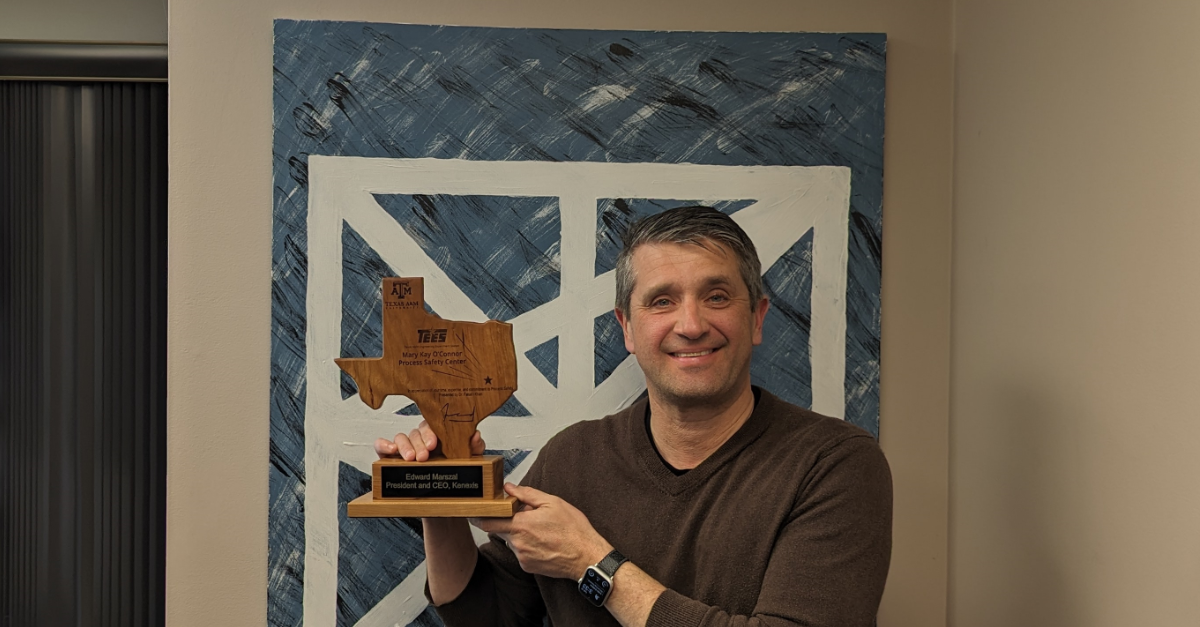Kenexis recently announced its AI strategy for Process Hazards Analysis on March 7, 2024, during the Mary Kay O’Connor Process Safety Center lecture series at Texas A&M University.
Using Large Language Models (AI) for HAZOP Automation and Augmentation Tool
Hazards and operability studies (HAZOP) are a critical first step in ensuring safe chemical process facilities. Unfortunately, they are time and resource intensive. Even good HAZOP studies can miss many very significant scenarios or come to insufficient conclusions.
This problem is being exacerbated by the loss of corporate memory that results from experienced personnel leaving the workforce. Research is currently being performed to employ artificial intelligence tools like Generative Pretrained Transformers (e.g., Chat GPT) to assist, or potentially complete automate the HAZOP process. To be effective, the GPT will have to be applied to curated datasets that only contain trusted engineering knowledge that is strictly proprietary – removing the “junk” general knowledge that hampers their performance.
Register for this webinar on Wednesday 3April2024 10:00am EDT (UTC -4.00) at the bottom of the page.
Join President of Kenexis, Edward Marszal, who will be elaborating on this subject during this live webinar. The webinar will begin with a discussion of the fundamentals of AI from its inception, starting with expert systems that were abandoned for fuzzy logic and neural networks that underpin modern large language models such as GPT. We will then discuss how HAZOP data such as HAZOP and LOPA worksheets can be fed into a large language model and how a GPT will create a model for predicting information in a HAZOP based on training data.

